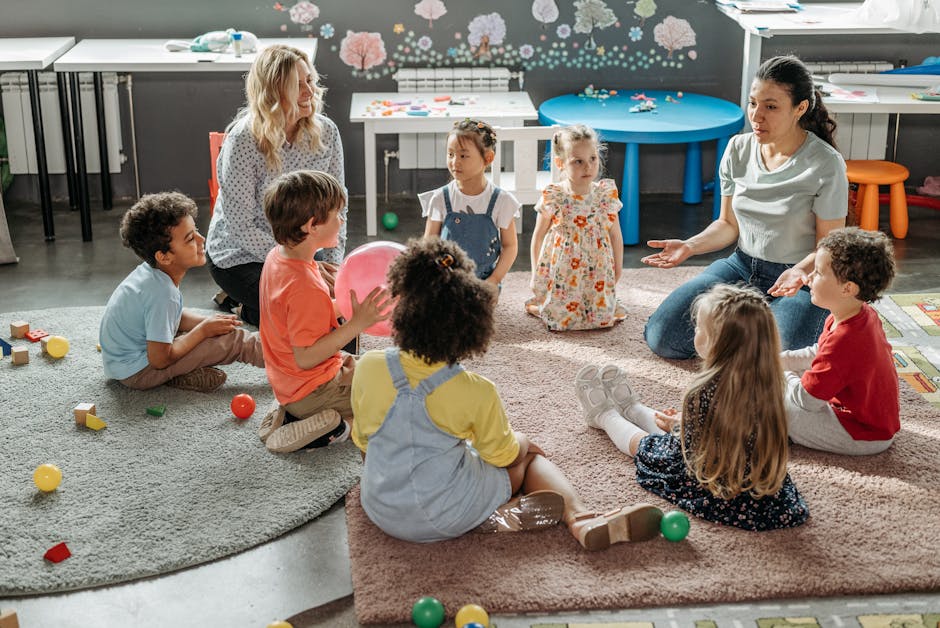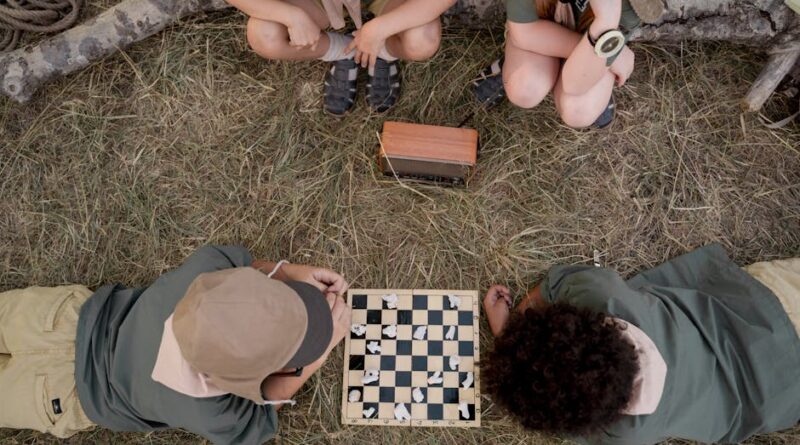Exploring the Best Board Games for Young Learners
Welcome to the world of board games, where learning meets fun! Board games have been a staple in households for decades, providing not only entertainment but also valuable educational benefits. For young learners, board games offer a unique and engaging way to develop essential skills such as critical thinking, problem-solving, and social interaction. In this article, we will delve into the top board games that are not only enjoyable but also beneficial for young minds. From classic favorites to modern gems, let’s explore the exciting world of board games for young learners.
The Benefits of Board Games for Young Learners

Before we dive into specific board games, let’s first understand why board games are such a valuable tool for young learners. Board games offer a wide range of benefits that can enhance a child’s cognitive, social, and emotional development. Some of the key benefits of board games for young learners include:
1. Cognitive Development:
Board games help children develop critical thinking skills, strategic planning, and problem-solving abilities. By engaging in gameplay, children learn to make decisions, analyze information, and think creatively to achieve their goals.
2. Social Interaction:
Board games encourage social interaction and cooperation among players. Children learn important social skills such as taking turns, following rules, and communicating effectively with others. Board games also promote teamwork and sportsmanship.
3. Emotional Development:
Through board games, children learn to manage their emotions, such as frustration, disappointment, and excitement. Playing board games can help children build resilience, patience, and the ability to cope with setbacks.
4. Academic Skills:
Many board games are designed to enhance specific academic skills, such as reading, math, and vocabulary. By playing educational board games, children can reinforce their learning in a fun and engaging way.
Top Board Games for Young Learners

Now that we’ve explored the benefits of board games for young learners, let’s take a closer look at some of the top board games that are perfect for children. These games are not only entertaining but also educational, making them ideal for young minds eager to learn and grow.
1. Guess Who?
Guess Who? is a classic guessing game that challenges players to use deductive reasoning and critical thinking to identify the mystery character. With its simple rules and engaging gameplay, Guess Who? is perfect for young learners who are just starting to develop their cognitive skills.
2. Sequence for Kids
Sequence for Kids is a fun and colorful game that combines strategy and luck. Players are tasked with matching animals on their cards to the corresponding pictures on the game board. Sequence for Kids helps children develop pattern recognition, planning, and spatial awareness.
3. Junior Scrabble
Junior Scrabble is a child-friendly version of the classic word game that challenges players to create words using letter tiles. By playing Junior Scrabble, children can improve their spelling, vocabulary, and word formation skills in a fun and interactive way.
4. Candy Land
Candy Land is a delightful board game that takes players on a colorful journey through a magical land filled with sweet treats. This game is perfect for young learners who are just beginning to learn how to take turns, follow rules, and navigate a game board.
5. Zingo!
Zingo! is a fast-paced bingo-style game that helps children build vocabulary and matching skills. Players race to fill their Zingo! cards with matching tiles by listening for a word or picture clue. Zingo! is a great way to make learning fun and engaging for young learners.
6. Robot Turtles
Robot Turtles is a board game that introduces young children to the basics of programming and coding. Players navigate their turtles through a series of obstacles by following simple commands. Robot Turtles is a fun and hands-on way to teach children the fundamentals of computer science.
7. The Ladybug Game
The Ladybug Game is a cooperative board game that encourages players to work together to help the ladybugs find their way home. This game teaches young learners about counting, colors, and cooperation. The Ladybug Game is perfect for fostering teamwork and problem-solving skills.
Common Misconceptions about Board Games for Young Learners

Despite the many benefits of board games for young learners, there are some common misconceptions that may deter parents and educators from incorporating them into children’s learning experiences.
1. Board Games are Just for Entertainment:
While board games are indeed entertaining, they also offer valuable educational benefits. Many board games are designed specifically to enhance cognitive skills, social skills, and academic abilities in children.
2. Board Games are Time-Consuming:
Board games come in a variety of formats, from quick and simple games to more complex and strategic ones. Parents and educators can choose board games that fit their time constraints and children’s attention spans.
3. Board Games are Expensive:
There are board games available at various price points, making them accessible to families of all budgets. Additionally, many board games can be found at libraries, schools, or online platforms for free or at a reduced cost.
Conclusion

To wrap things up, board games for young learners are not only a source of entertainment but also a valuable tool for developing essential skills. From cognitive development to social interaction and academic reinforcement, board games offer a wide range of benefits for children. By introducing young learners to engaging and educational board games, parents and educators can help children learn and grow in a fun and interactive way. So, why not gather around the table and embark on a board game adventure with the young learners in your life?




